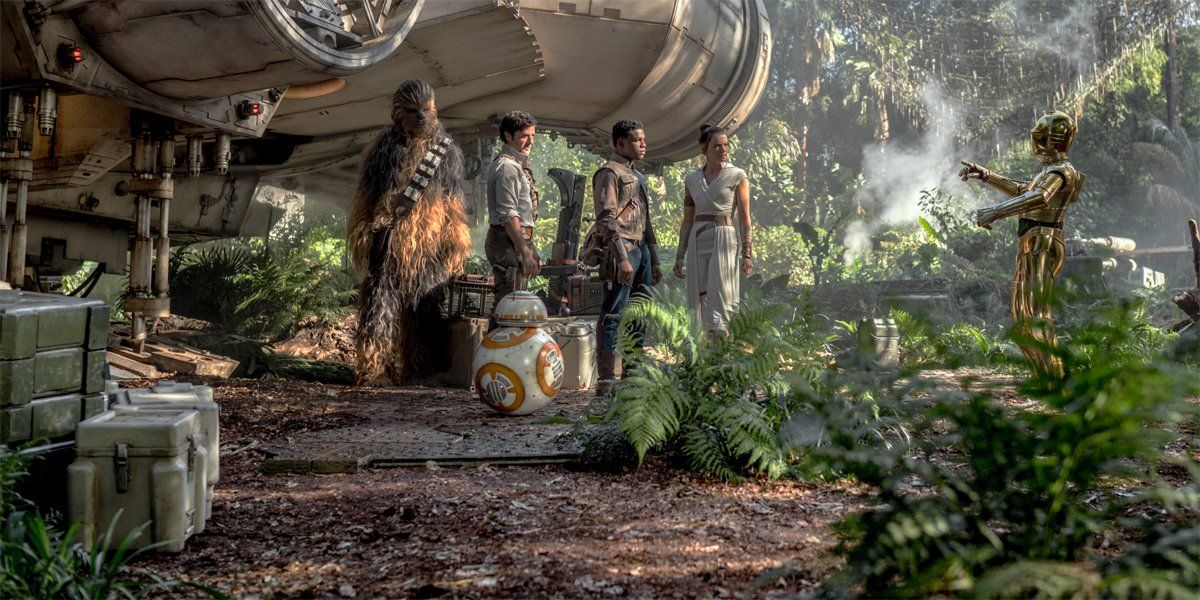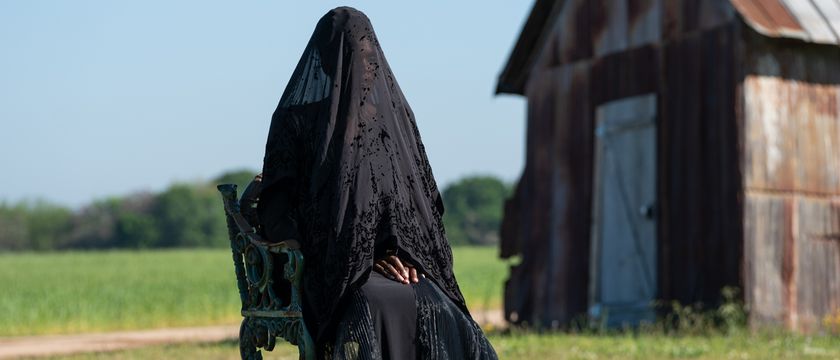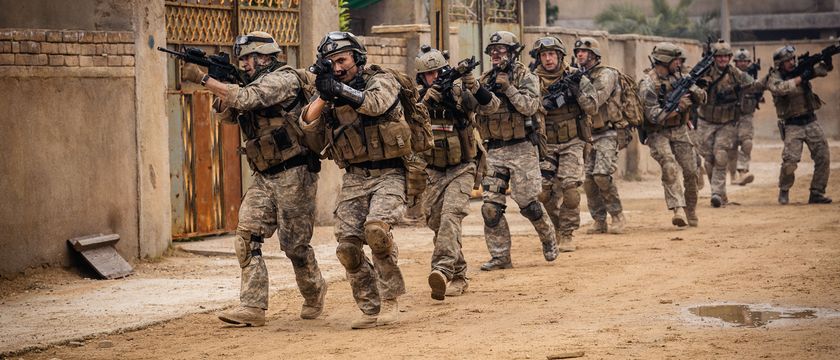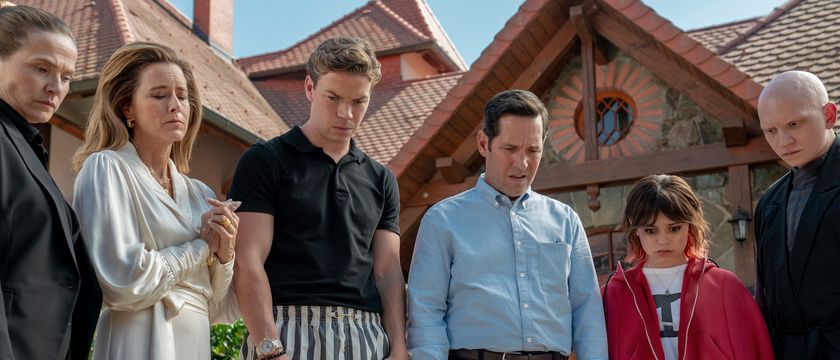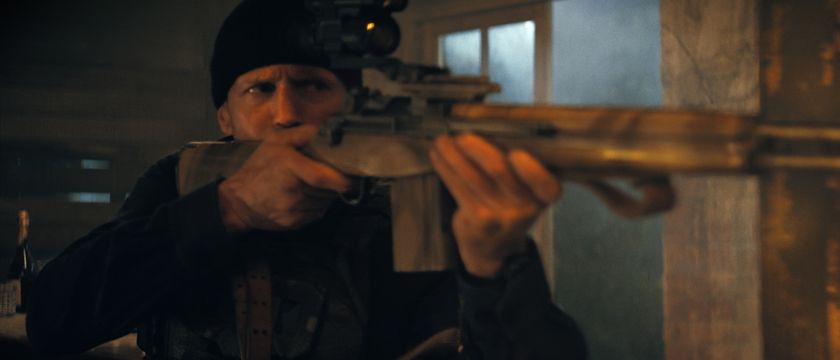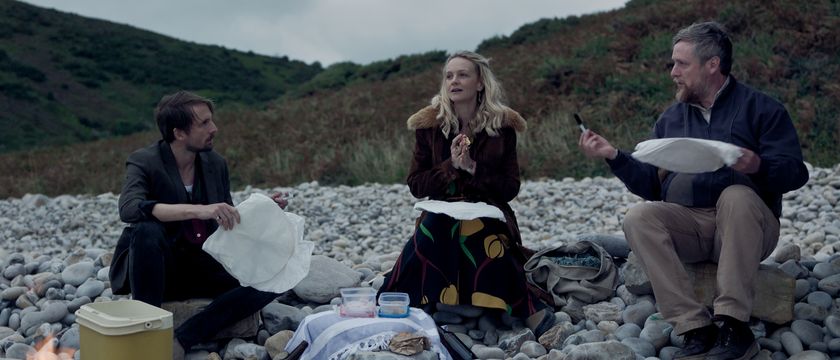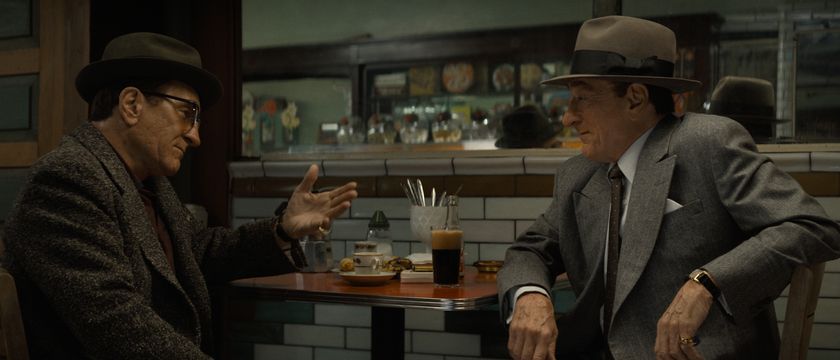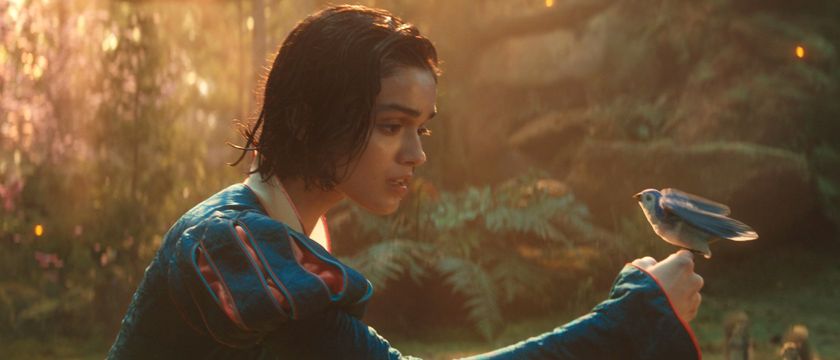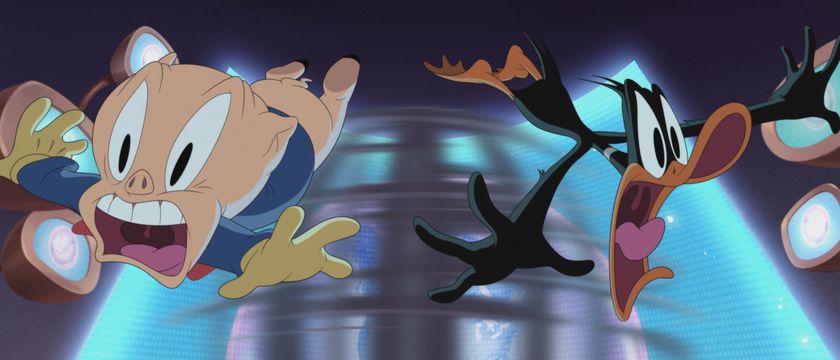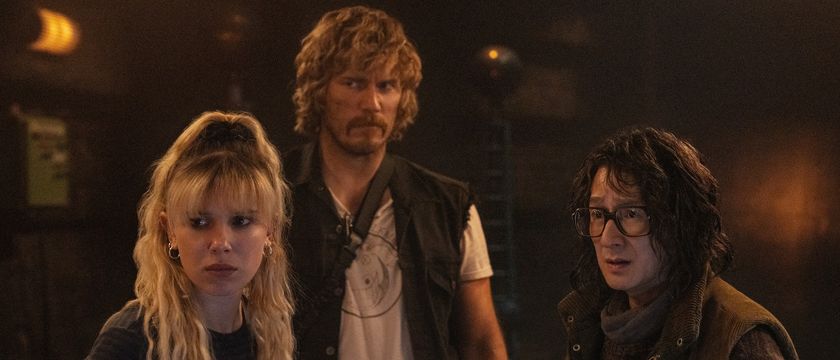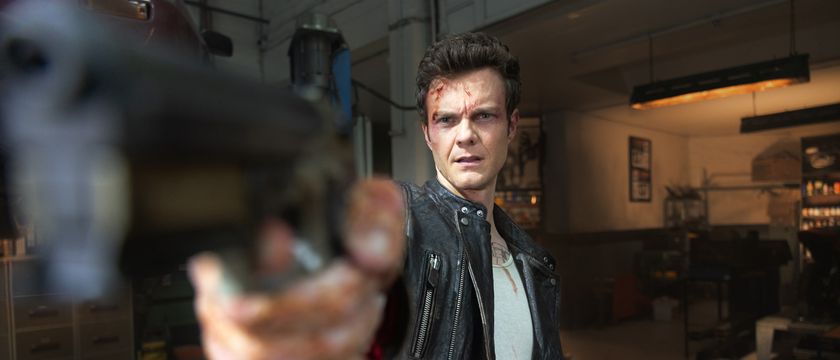In 2017, Lucasfilm released what can now arguably be called the most polarizing chapter in the Star Wars franchise. There are many that absolutely love Rian Johnson’s Star Wars: The Last Jedi, particularly for the way it subverts expectations and takes the larger story in fascinating, unexpected directions; while others share contrasting opinions because they don’t feel it fits in the box they see defining what Star Wars is. The debate has raged for 24 months, and a huge part of the conversation has been in regard to how the particular narrative choices would impact the coming sequel, J.J. Abrams’ Star Wars: The Rise of Skywalker.
Recognizing the way in which Johnson took elements that Abrams introduced in Star Wars: The Force Awakens and effectively turned them on their head, the ideal circumstances would have seen the director (along with co-writer Chris Terrio) doing the exact same thing: taking what Johnson did and building on it to ultimately create a satisfying conclusion to the Sequel Trilogy that would also be cohesive with everything that came before it. Sadly, however, that was evidently a direction that Abrams didn’t have any interest in taking.
Instead of further exploring the most fascinating developments from The Last Jedi – many of which were totally set up on a tee – J.J. Abrams decided to play revisionist with Star Wars: The Rise Of Skywalker, and in doing so created a mess. Not only does the new blockbuster make actual efforts to totally undo important revelations in The Last Jedi and entirely ignore others, but the backtracking that he needs to perform in order to make it happen winds up creating a story that is all over the place, only eventually finding any footing by underwhelmingly echoing Star Wars: Return Of The Jedi the same way that Abrams’ The Force Awakens echoed Star Wars: A New Hope.
Star Wars: The Rise Of Skywalker weirdly doesn’t function as a proper sequel to The Last Jedi.
Naturally, a great number of things can’t be discussed in this spoiler-free forum, which admittedly includes the single most problematic aspect of the film, but the point comes across simply enough identifying the previously introduced ideas that are completely absent in Star Wars: The Rise Of Skywalker. Remember that triumphant return of Luke Skywalker (Mark Hamill) at the Battle of Crait that was supposed to reignite hope in the universe? Apparently it did absolutely nothing. Remember the reemergence of belief in/democratization of the Force evidenced by a stablehand on Canto Bight summoning a broom? It’s not explored any further. Even key relationships that were vital to the previous chapter get precisely zero seconds of screen time in the new blockbuster.
Say what you will about the way in which Rian Johnson further developed J.J. Abrams’ characters and story from The Force Awakens, but at least he picked up the ball and ran with it. In the making of Star Wars: The Rise Of Skywalker, Abrams’ move is to punt the ball back in the opposite direction, let some air out of it, and then exhaust himself trying to run it all the way back to where he thinks it should be.
Fan service doesn’t work the way it did in The Force Awakens in Star Wars: The Rise Of Skywalker.
Because he is a Star Wars equivalent of an originalist, J.J. Abrams’ perspective on that direction is to trace the Original Trilogy as closely as he can, and while that was tolerable with his first Star Wars movie, his second attempt is far less successful. The Force Awakens may be a remakequel of the original Star Wars, but it also did a spiffy job establishing the state of the universe 30 years after the events of Return of the Jedi and introduced a brilliant ensemble of new heroes and villains in Daisy Ridley’s Rey, John Boyega’s Finn, Oscar Isaac’s Poe, and Adam Driver’s Kylo Ren.
That’s not an advantage present in Star Wars: The Rise Of Skywalker – though we do get a cool-yet-mostly-pointless new character in Keri Russell’s helmeted Zorii Bliss. Rather than the film exploring Kylo Ren’s further decent into the Dark Side as the new Supreme Leader of the First Order, the movie wastes no time putting the thought-dead Emperor Palpatine (Ian McDiarmid) back in play as a puppet master orchestrating the fight between Sith and the Jedi while bringing new super weapons to the table (this time it’s a fleet of Star Destroyers rather than a new Death Star, for what it’s worth).
This philosophy forces the film to look in the wrong directions when it comes to questions that it attempts to answer, resulting in the bad kind of fan service. Miscalculated revisions of The Last Jedi is part of this, as well as playing things far too safe, but it’s primarily an issue when it comes to unnecessary callbacks that feel like they are cloying and/or pandering, and more importantly don’t actually add to the story in meaningful ways (Billy Dee Williams’ entire role basically exists to simply confirm that Lando Calrissian is still alive).
It’s also an issue of looking too deeply into the past and not enough into the future. As the final chapter of the Skywalker Saga, it has a certain responsibility to answer particular questions about the status of the universe, both on a big picture scale and when it comes to individual characters, but it’s not actually satisfying in that regard and leaves multiple threads dangling (including some that it itself weirdly creates, such as the nebulous relationship between Rey and Finn).
Star Wars: The Rise Of Skywalker is at least a beautiful film that has some spectacular lightsaber battles.
What thankfully does stay consistent (and what is undoubtedly the most agreeable aspect of the entire Sequel Trilogy) is the wonderful aesthetics, as once again J.J. Abrams and his team have delivered beautiful and eye-popping sequences brought to life with both remarkable special effects and outstanding visual effects. The costume and creature effects are both beautiful and impressive, with standouts being the aforementioned Zorii Bliss and the adorable droidsmith Babu Frik, who is the latest in a long line of cute scene-stealers in this franchise, and once again we are treated to some awesome production design as the story transports audiences to numerous brand new worlds.
J.J. Abrams collaborating once again with cinematographer Dan Mindel, Star Wars: The Rise Of Skywalker also features what are honestly some of the greatest lightsaber battles we’ve seen in these movies, with Rey and Kylo Ren going toe-to-toe multiple times throughout the adventure. Part of the excitement comes from excellent location choices and exciting choreography, but a great deal comes from the intensity between the hero and villain – a relationship you’re left wishing had a much more satisfying payoff.
While it’s easy to see why Lucasfilm wanted to put J.J. Abrams back at the helm for Star Wars: The Rise Of Skywalker following the success of The Force Awakens and the untimely passing of Carrie Fisher, it’s unfortunate that his vision comes across as compromised. Another filmmaker could have taken the last chapter of the Skywalker Saga in a dynamic direction following The Last Jedi, but it’s made tremendously clear that Abrams only wanted to end this trilogy on his own terms, which is to say by delivering his personal answers to the questions that he left totally open-ended in his 2015 blockbuster.
Albeit it was impossible for him to see the circumstances coming, the fact that he chose not to have a stronger voice in the making of the previous chapter has resulted in a Frankenstein’s monster of a movie this time out. It’s hard to even tell who it’s even really for, as it’s borderline insulting to those who legitimately appreciate the merits of The Last Jedi, and too chaotic to be seen as satisfying for those open to its revisionist choices – especially after serious reflection. It's a disappointing end to what still exists as a mostly good trilogy.

Eric Eisenberg is the Assistant Managing Editor at CinemaBlend. After graduating Boston University and earning a bachelor’s degree in journalism, he took a part-time job as a staff writer for CinemaBlend, and after six months was offered the opportunity to move to Los Angeles and take on a newly created West Coast Editor position. Over a decade later, he's continuing to advance his interests and expertise. In addition to conducting filmmaker interviews and contributing to the news and feature content of the site, Eric also oversees the Movie Reviews section, writes the the weekend box office report (published Sundays), and is the site's resident Stephen King expert. He has two King-related columns.
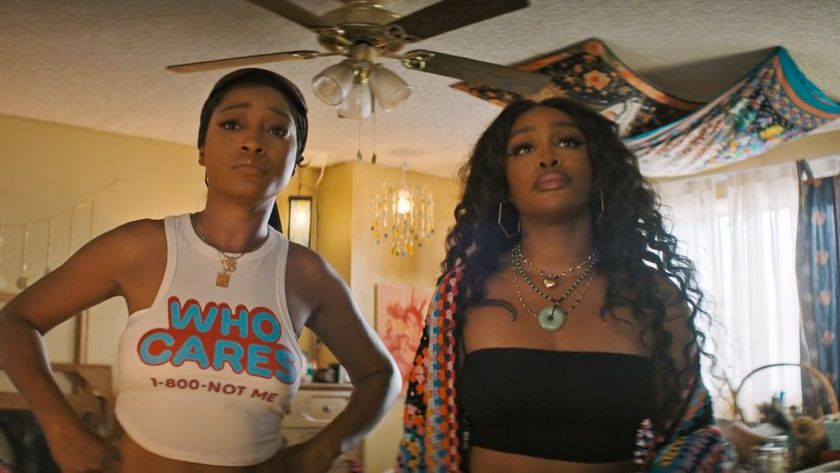
After Seeing One Of Them Days, There's One Side Character I Think Would Be Perfect For A Spinoff Movie
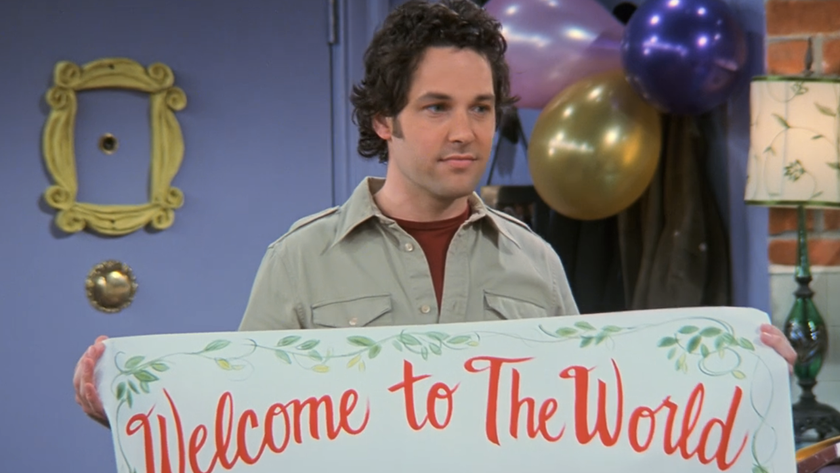
‘Why Am I Here?’ Friends EPs Finally Answer Paul Rudd’s Questions About Why Mike Was Included In The Series Finale
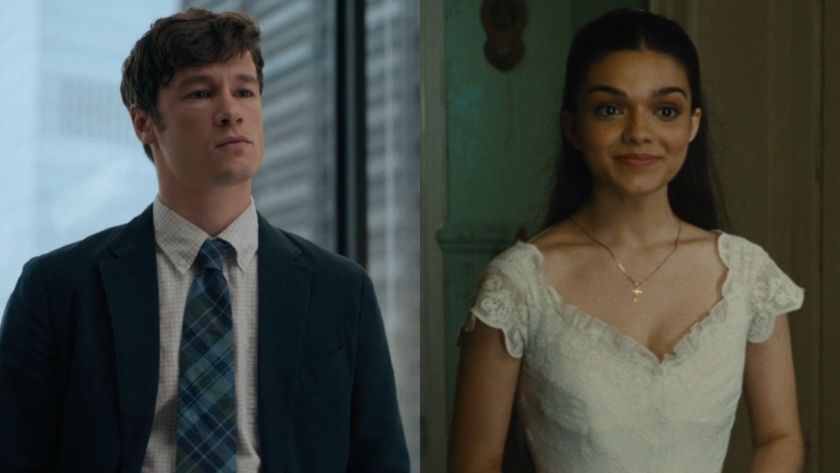
The Life List’s Kyle Allen Is Baffled By His Rom-Com’s Success On Netflix, And Rachel Zegler Had An A+ Response About Why It’s Such A Hit
